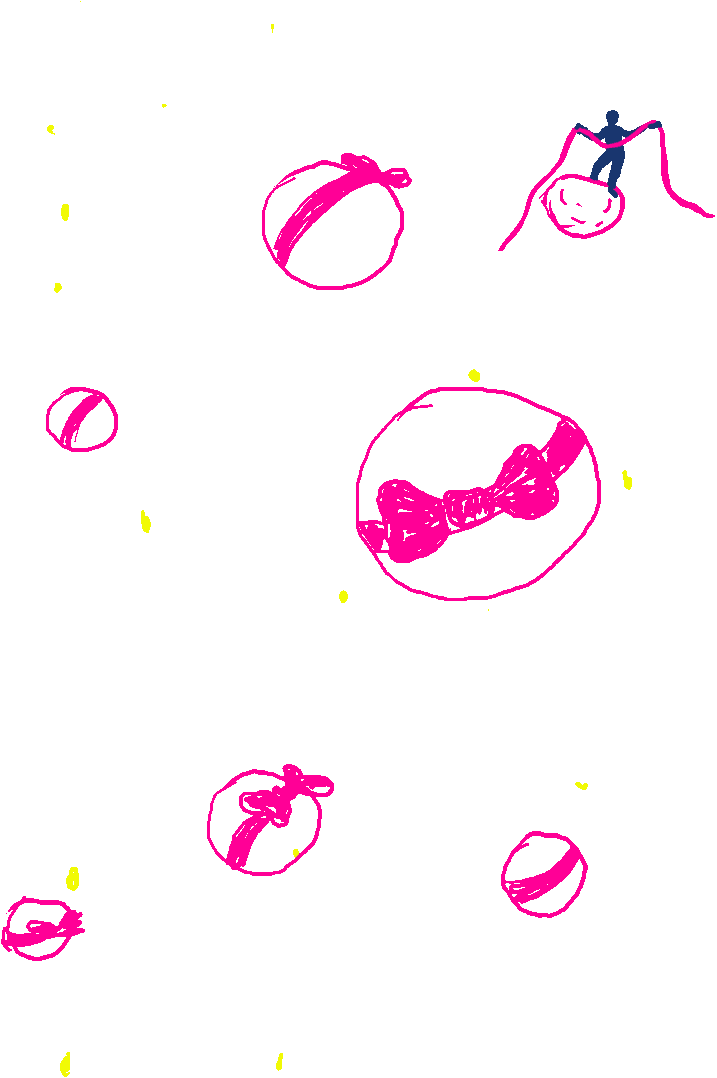New data from the US Centers for Disease Control and Prevention shows that double masking – using a cloth mask over a medical procedure mask, like a disposable blue surgical mask – can significantly improve protection from Covid-19.
Researchers found that the combination of the two masks can block 92.5% of potentially infectious particles from escaping by creating a tighter fit around the face.
They also found that overall performance of medical procedure masks alone can be improved by folding mask edges inward and knotting ear loop strings where they meet mask fabric to reduce gaps.
A knotted medical mask can block 63% of aerosols that may contain coronavirus, a significant improvement from blocking only 42% of particles when unknotted. The findings were published Wednesday in the CDC’S Morbidity and Mortality Weekly Report.
Beginning in January 2021, the CDC tested the double masking and knotting methods to evaluate mask performance protection. Researchers found the effectiveness of cloth and medical procedure masks can be improved by ensuring they are well fitted to the contours of the face to prevent air and particles from escaping from gaps around the mask’s edges.
The study found that when both a source of infection and uninfected source were both fitted with double masks, the uninfected person’s exposure to potentially infectious particles was reduced by 96.4%.
When both people wore knotted and tucked masks alone, the uninfected person’s cumulative exposure to potentially infectious particles was reduced by 95.9%.
Both findings highlight the importance of a good fit to maximize mask performance to reduce exposure.
“This observation suggests that amendments to improve fit might result in equivalent improvements, regardless of the masks baseline filtration efficiency,” the researchers wrote.
It is unclear how or if the CDC will incorporate these new findings into its mask recommendations.
The CDC team used a medical procedure mask, like blue surgical masks, and a three-layered cloth mask for a total of twelve different mask combinations. They performed tests using various combinations of no mask, double masks, and unknotted or knotted and tucked medical procedure masks.
When studying ‘double masking’ these experiments utilized one cloth over one medical mask. The researchers did not include any other combinations of masks, such as cloth over cloth, medical procedure mask over medical procedure mask, or medical procedure mask over cloth.
The study also did not provide any guidance on mask fitting.
“The data in this report underscore the finding that good fit can increase filtration efficiency. Multiple simple ways to achieve better fit have been demonstrated to be effective,” the analysis reads.
“Until vaccine-induced population immunity is achieved, universal masking is a highly effective means to slow the spread,” it added.















